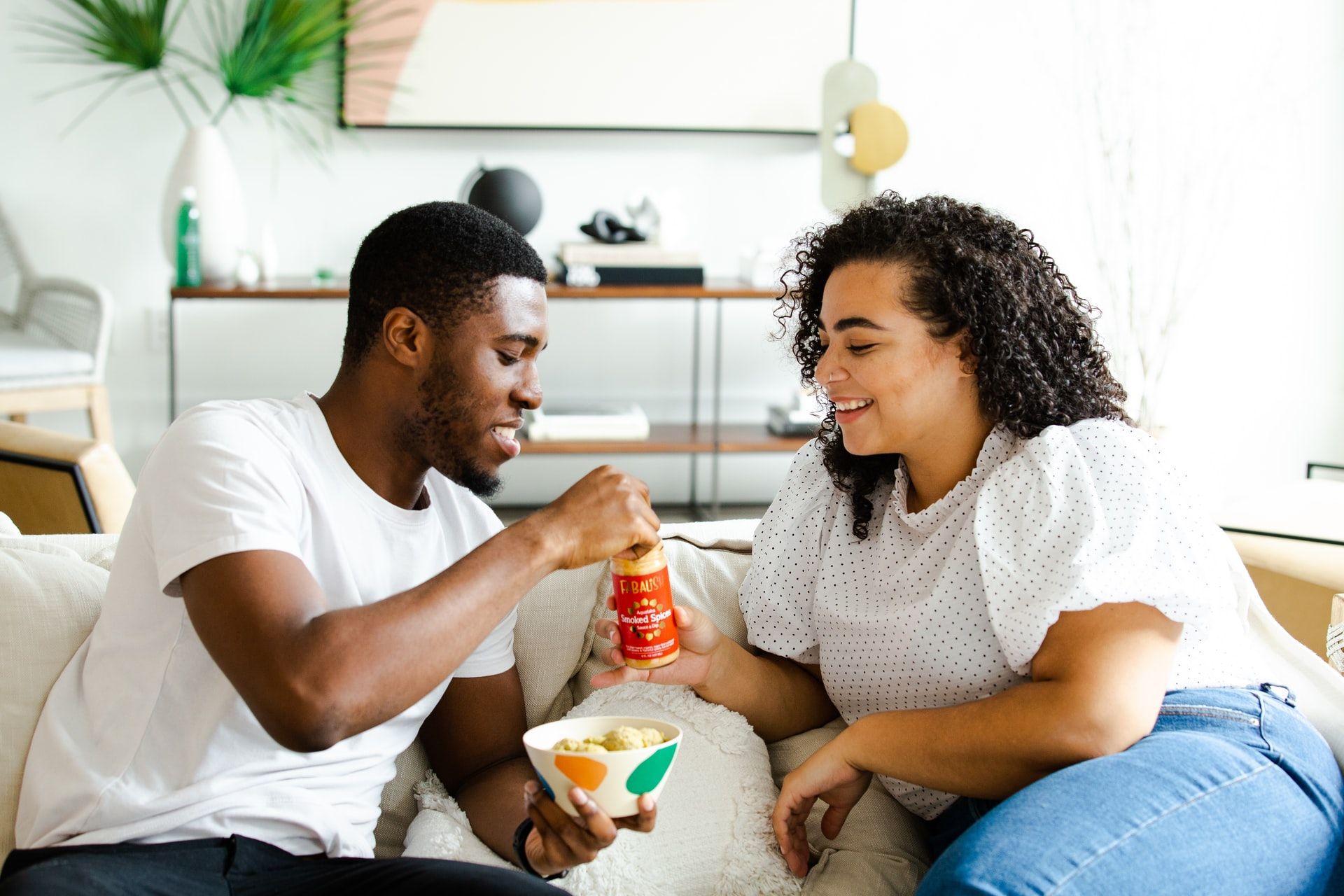
Cohabitation During COVID-19
Many couples cohabitate after a divorce. For some, the fear of a commitment causes them to shy away from marriage. Whatever the preference, there are certain aspects of relationships that judges will scrutinize when it comes to child custody. While many people move into serious relationships after dating for a while, be wary of this when divorcing or fighting for custody of your children--especially during the pandemic where new variants pose threats. The atmosphere of everything concerning children and their welfare has changed due to the pandemic. Cohabitation can definitely work against you during a divorce.
The ultimate concern of the court is for the safety of the child. Judges take into account the home life and quality of the atmosphere and experience in each of the homes. Many judges see cohabitation as a reflection on the moral character of the individual and may not rule in favor of a perfectly good parent. The best option is not to live together. Not ready to move in together? Don’t have overnight visitors when the children are present, either. Not only does this cause the judge to question your character, but it could be seen as potentially harming your child for many reasons, including directly ignoring CDC recommendations.
In Arkansas, parents can choose to modify custody arrangements. A parent can decide, after the divorce, that they think a child should be solely their responsibility. Sometimes, the motives are out of control or fear; other times, a parent can ask for modification because they see a need for the child to be in their care for the majority of the time. Whatever the circumstances, cohabitation can hurt modification. A judge may truly need to allot changes in favor of the other parent, but if that parent is living with someone, the judge may see this as an indication of character. On the positive side, if the judge allows for modifications because the cohabitation is a danger and the better parent is the one asking for custody changes, then this moral judgment works in favor of the child.
Be aware that your personal freedoms can affect your child’s future. Whether you view this as pressure from society or the influence of history, ultimately the safety and security of your child outweigh opinions or freedoms. A child has the right to a safe environment. A child deserves the freedoms associated with this safe environment. Act with wisdom and always consult your attorney to make sure the choices you make do not have negative repercussions.
Call Hickey & Hull today if you have any questions about divorce. It’s about to get better, and we’re here to help.
